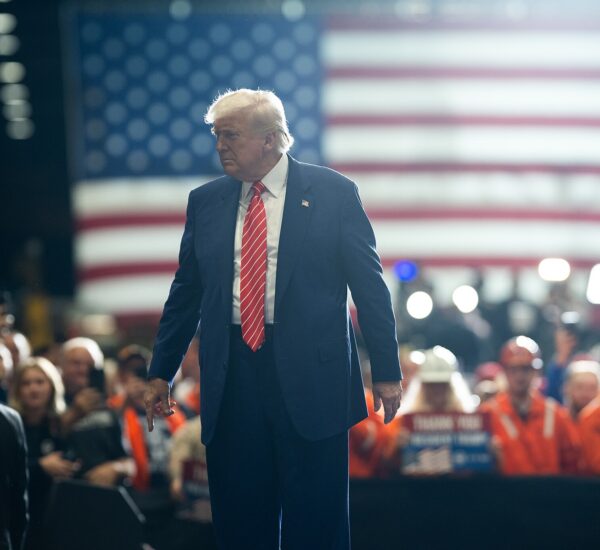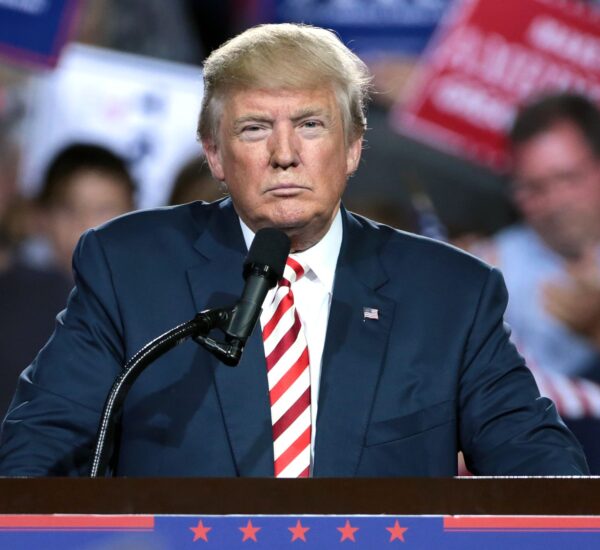Trump’s Plan For Renewable Energy
President-elect Donald Trump’s victory has sparked concerns within the renewable energy sector, particularly for wind and solar power. His opposition to green energy policies and commitment to rolling back regulations that favor renewables has some questioning the future of low-carbon power. With Republicans holding power in both the House and Senate, there is a possibility that tax incentives for renewable energy may be cut, further complicating the outlook for clean energy industries.
Despite these challenges, experts remain optimistic about the long-term prospects of renewable energy. While Trump has made it clear that his administration will prioritize traditional energy sources like coal and natural gas, analysts argue that renewable energy’s momentum, particularly in solar and wind, is unlikely to be completely derailed. Renewable energy has grown exponentially in recent years, offering a significant number of jobs and contributing to a reduction in carbon emissions.
In the wake of Trump’s win, the stock prices of renewable energy companies initially dipped. For instance, Duke Energy, a major utility, announced it would reconsider plans to transition away from coal, and Chinese company Trina Solar mentioned selling its Texas factory. However, experts caution that the renewable sector’s growth isn’t likely to slow dramatically. According to David Brown, director at Wood Mackenzie, there are still plenty of clean energy projects lined up over the next few years, with offshore wind alone offering clear capacity goals for the next decade.
The real test will come with the fate of tax credits and subsidies that have been integral to renewable energy development. The 2022 climate and tax bill provided billions of dollars in tax breaks, driving private investment into green technologies. However, Republicans, including House Speaker Mike Johnson (R-La.), have signaled plans to repeal what they call “wasteful Green New Deal tax credits.” While such cuts would slow the pace of renewable development, analysts believe the industry will still be able to grow, especially due to the favorable economics of wind and solar energy compared to fossil fuels.
Even if tax credits are repealed, the long-term demand for clean energy remains strong. Kevin Rennert from Resources for the Future points out that while policy uncertainty may pose short-term challenges, renewable energy’s competitive pricing will ensure continued development. Still, experts like David Miller of Clean Energy Ventures emphasize the importance of U.S. leadership in the green energy sector. With China ramping up its own green technologies, Miller warns that the U.S. must maintain its competitive edge to avoid losing economic leadership in the global energy market.
Overall, while President Trump’s approach may create some turbulence for the renewable energy sector, the fundamental shift toward clean energy is unlikely to be reversed entirely. The next few years will be critical in determining how the U.S. navigates its role in the future of global energy.





